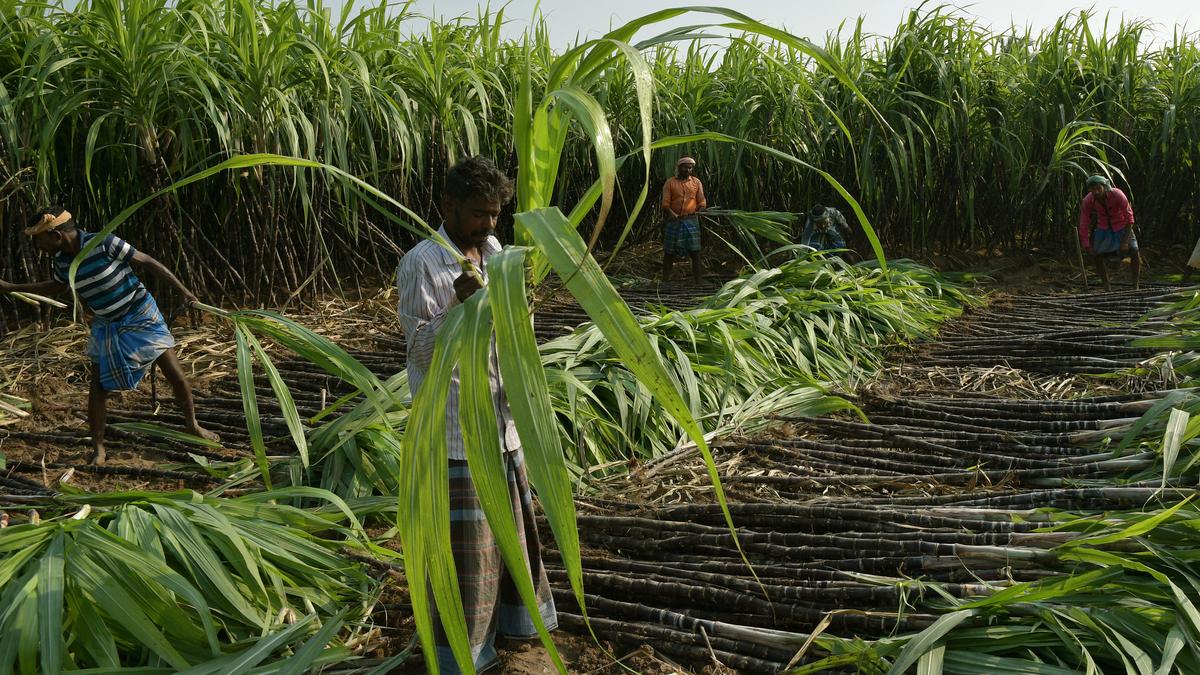
Food access is about equitable agrifood systems Premium
The Hindu
Ensuring food access is not just about increasing production but also building equitable, resilient, and sustainable agrifood systems that work for everyone
October 16, 2024 is World Food Day with the theme this year being ‘right to foods for a better life and a better future’. The theme highlights the importance of access to safe, nutritious, and affordable food for all. The Rome-based agencies, the Food and Agriculture Organization of the United Nations (FAO), the International Fund for Agricultural Development (IFAD) and the World Food Programme (WFP) are collaborating with the Government of India to uphold this human right, which is essential for healthy, productive lives free from hunger and malnutrition.
Food security is vital for individual well-being and social stability. Access to food supports peaceful, prosperous communities. The FAO’s 2024 report estimates that 733 million people face hunger, highlighting the urgency of addressing food insecurity.
India’s Green Revolution was crucial for food availability. Now, the focus includes nutrition, which is vital for children’s development and economic productivity. Initiatives such as the White Revolution in milk and the Blue Transformation in fisheries have transformed India’s agrifood system. These efforts highlight the need for diverse food sources, ensuring safe and nutritious food for everyone. We can address inequalities and empower marginalised communities by prioritising the right to food and nutrition security.
India has made significant strides in food security over the past 60 years. Once a food-deficient nation, it has transformed itself into a food-surplus country, driven by the Green Revolution, effective policies, advancements from institutions such as the Indian Council of Agricultural Research, and improved supply chains. Millions have contributed to ensuring reliable food access for India’s growing population, even in these challenging times.
A key pillar of India’s food security is the National Food Security Act (NFSA) of 2013, which provides food entitlements to over 800 million citizens. Prime Minister Narendra Modi recently approved the distribution of fortified rice from July 2024 to December 2028, reflecting India’s commitment to improving nutrition and food security.
India’s food safety systems reflect a strong commitment to preventing hunger among its citizens. The effective collaboration between national policies and local initiatives showcases the robustness of the country’s food security framework. As India advances, these systems will be crucial for fostering resilience to future environmental, economic, or health-related issues.
While India’s agricultural sector is the cornerstone of its economy, it faces several challenges. Of its 93.09 million agrarian households, approximately 82% are small and marginal farmers holding less than two hectares of land. These farmers encounter various difficulties that impact productivity and rural livelihoods.













